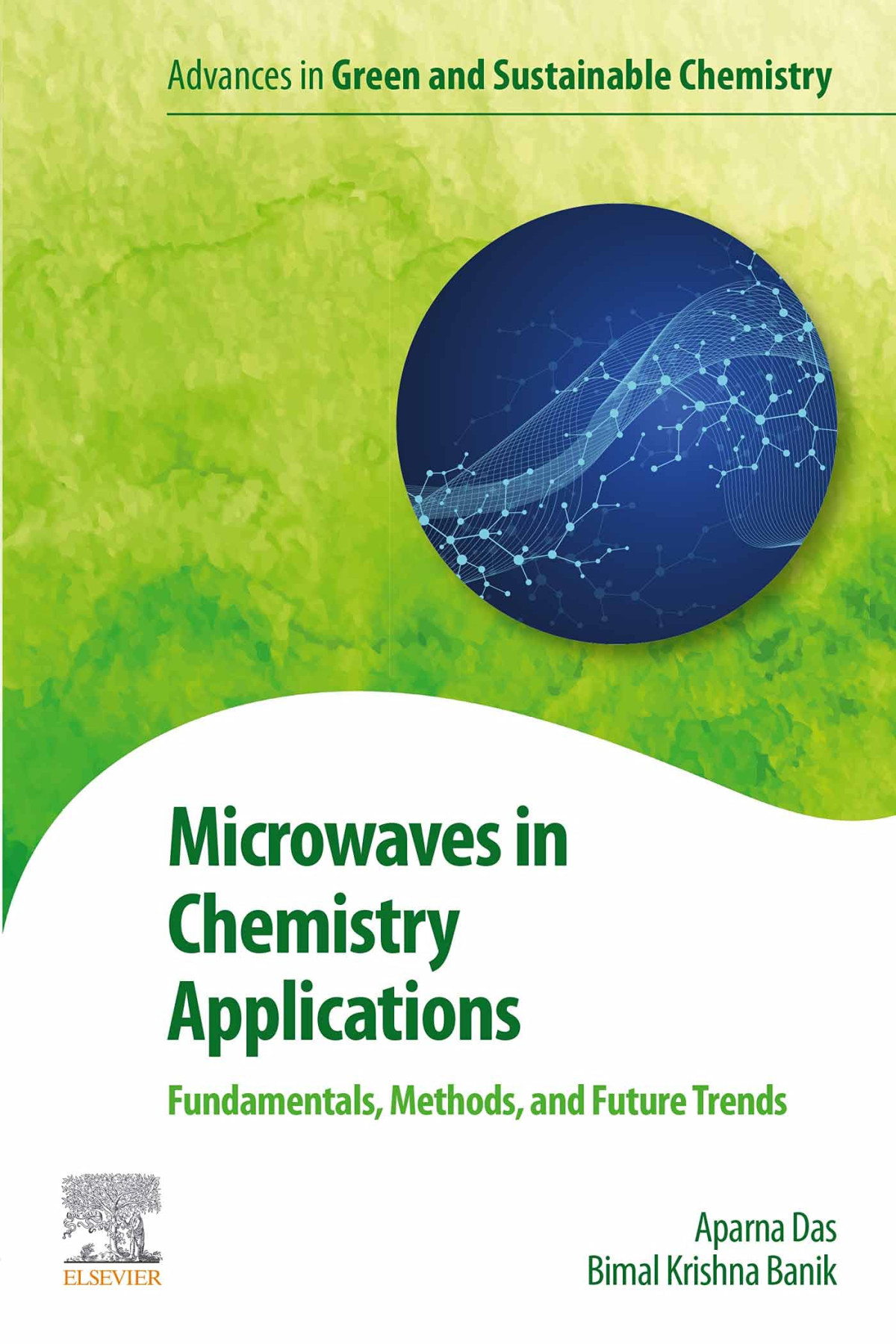

Most ebook files are in PDF format, so you can easily read them using various software such as Foxit Reader or directly on the Google Chrome browser.
Some ebook files are released by publishers in other formats such as .awz, .mobi, .epub, .fb2, etc. You may need to install specific software to read these formats on mobile/PC, such as Calibre.
Please read the tutorial at this link: https://ebookbell.com/faq
We offer FREE conversion to the popular formats you request; however, this may take some time. Therefore, right after payment, please email us, and we will try to provide the service as quickly as possible.
For some exceptional file formats or broken links (if any), please refrain from opening any disputes. Instead, email us first, and we will try to assist within a maximum of 6 hours.
EbookBell Team

4.4
82 reviewsMicrowaves in Chemistry Applications: Fundamentals, Methods and Future Trends offers a number of benefits over conventional heating technologies, including acceleration of reaction rates, milder reaction conditions, higher chemical yields, lower energy usage and different reaction selectivity, all of which can improve the sustainability of processes. The book provides valuable insights into the underlying chemistry at play in microwave-assisted processes, introducing fundamental concepts, discussing the modeling of reactions in such processes, and also highlighting a range of key methods and applications of microwaves in chemistry for improved sustainability.
Beginning with an introduction to microwave chemistry, Part One discusses foundational principles, equipment and approaches for modeling reactions and assessing the outputs of those models. Methods in microwave chemistry are then the focus of Part Two, with microwave-assisted synthesis, catalysis, reduction and reactions all explored in detail. Part Three reflects on the practical usage of these methods to address specific issues, covering a number of interesting applications.